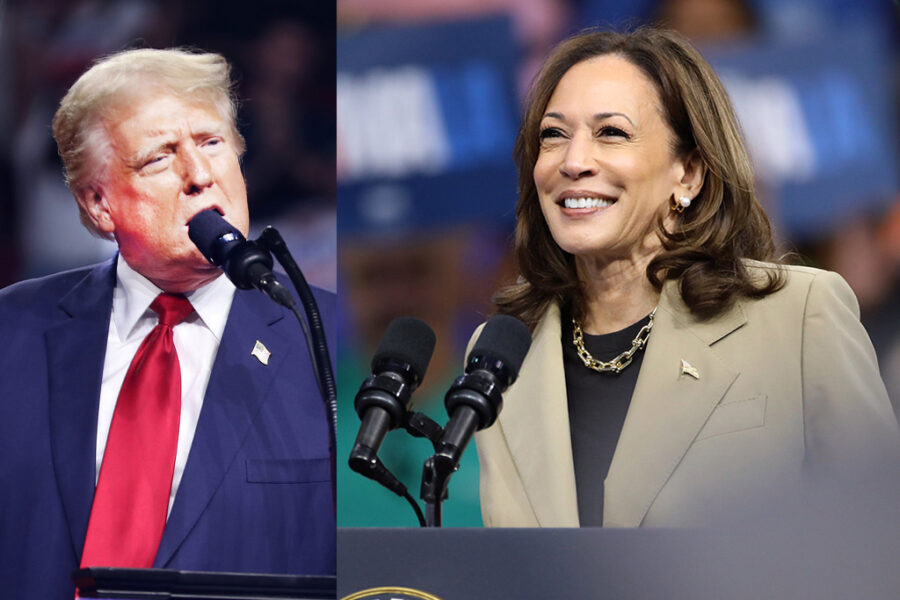Vice President Kamala Harris has outlined a series of economic policies aimed at providing financial relief to small business owners, a move she says will help reduce costs and expand access to capital. However, her plans could face stiff opposition in Congress if Republicans maintain control of the House or regain the Senate. Meanwhile, a tariff proposal from former President Donald Trump is sparking fears of increased costs for small businesses across the country.
Harris, the Democratic presidential nominee, introduced several key initiatives last month designed to ease the financial strain on entrepreneurs. Speaking at a campaign event in New Hampshire, she emphasized her commitment to supporting small businesses if elected president.
“One of my highest priorities will be to strengthen America’s small businesses,” Harris said. “We’re going to help more small businesses and innovators get off the ground by making it easier and less costly to start and run a business.”
Among Harris’ proposals is an expansion of the tax deduction for startup costs. Currently capped at $5,000, she aims to increase that to $50,000. This change, she argues, would significantly reduce the barriers to entry for aspiring entrepreneurs, who on average invest around $40,000 in starting their businesses.
The vice president’s economic plan also includes simplifying the tax filing process for small businesses by implementing a standard deduction. This adjustment would save time and money for the smallest firms by streamlining tax paperwork. Additionally, Harris has proposed launching an initiative to modernize outdated federal regulations, which she says currently hinder small businesses’ ability to access government funding. Her administration would encourage state and local governments to adopt similar reforms.
To further support new businesses, Harris proposes the creation of a fund to assist the country’s smallest banks in covering the interest accrued on loans made to entrepreneurs. This initiative is designed to make borrowing more affordable for those just starting out.
Concerns Over Trump Tariff Plan
While Harris’ proposals aim to ease the burden on small business owners, former President Donald Trump’s tariff plan could have the opposite effect, according to economic experts. Trump has suggested imposing a 20% tariff on all imported goods and a 60% tariff on Chinese imports, a move he claims would generate trillions of dollars over the next decade.
However, analysts warn that these tariffs could disrupt supply chains and hurt businesses that rely on imported materials. According to a Brookings Institution report, importers would either have to absorb the cost, raise prices for consumers, or renegotiate contracts, all of which could lead to higher costs for small businesses.
Economists at Morgan Stanley estimate that Trump’s tariff plan could result in 70,000 fewer jobs being created each month. The broad application of tariffs would likely depress production, reduce employment, and raise consumer prices.
In addition to the tariff proposal, Trump’s “Project 2025,” a policy blueprint for his potential second term, has drawn criticism for its plan to end disaster assistance for small businesses, which could make recovery from natural disasters like hurricanes more difficult.
During his first term in office, Trump slashed federal support for small businesses and proposed significant cuts to programs that assist small business owners. Furthermore, his administration oversaw the permanent closure of approximately 200,000 American businesses. Critics have also pointed to his history of withholding payments from small businesses and contractors during his private sector career.
As the 2024 presidential race intensifies, small business owners will be watching closely to see how the policies proposed by each candidate could affect their bottom lines. While Harris aims to reduce costs and increase access to capital, Trump’s tariff plan could pose new challenges for the nation’s entrepreneurs.






